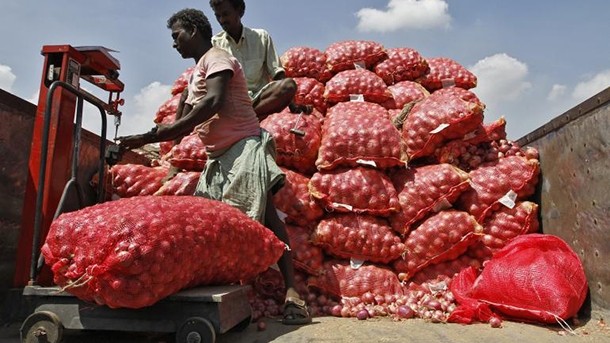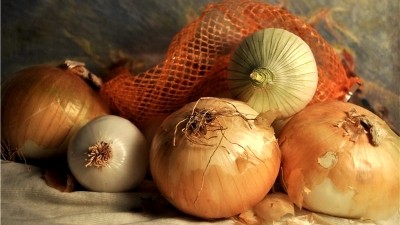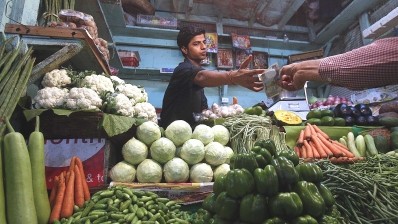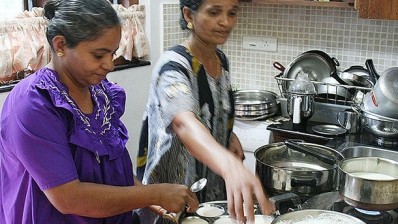India
Government to crack down on produce hoarders in bid to curb inflation

Overall inflation rose to five-month high to 6.01% in May due to rises in the cost of essential items like vegetables, fruits and cereals. At the same time, food inflation stood at 9.5% for the month.
Government action
However, while food inflation is not currently as rife as it was last year, when the price of onions soared to Rs70-100 (US$1.17-1.67) per kilo, the government has still been forced to take measures—including hiking the minimum export price of onions by 67% and bringing the vegetable under the Essential Commodities Act—to curb hoarding.
The Act allows the Centre to control the production, supply and distribution of certain commodities to prevent shortages and provide uniform prices.
Speaking to state food ministers, Finance Minister Arun Jaitley blamed the practice of stockpiling vegetables for rising food costs, adding that there are sufficient stocks for India’s population.
No need to panic
"There has been a record output and there is no shortage of these items, therefore it is not an issue of scarcity but it is an issue of supply side,” he said.
“These commodities are available in sufficient amount but the normal supply is disrupted by hoarders anticipating higher prices. When production of food items is higher than last year and still prices rise, then it means that intermediaries are keeping the stock somewhere.”
"There are reports of below normal monsoon this year. Hoarders are taking advantage of the situation. [But] prices are still lower this year. There is no panic situation,"
Highlighting the need for coordinated efforts to control prices, Jaitley said both the Centre and states should prepare a joint-action plan to curb hoarding.
Some states have suggested strengthening of the Essential Commodities Act and making hoarding a non-bailable offence—measures that Jaitley said the Consumer Affairs Ministry intends to look into.














